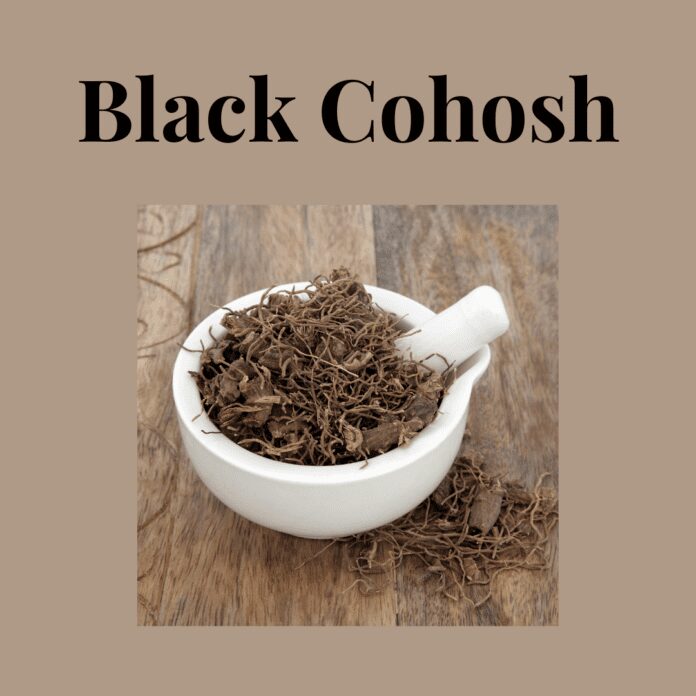Uses
Black cohosh has been studied for menopause symptoms in people. Most of the older studies were not of the highest quality. More recent studies have been of higher quality, but they have differed in the formulation, plant species, or dose used, so it’s difficult to know the herb’s effects with any certainty. It has not been studied as much for conditions other than menopause.
Research suggests that certain extracts and some combination products containing black cohosh may reduce some menopause symptoms. Most of the research has been on a single extract called Remifemin. Research on other products has had inconsistent results. Guidelines released in 2015 indicate that there is a lack of consistent evidence for any benefit from it for menopause symptoms. But a 2017 review of recent research suggests that extracts approved for treatment in Europe seem to decrease menopause symptoms.
There aren’t enough reliable data to show whether it is effective for other uses.
Side Effects Of Black Cohosh
In clinical trials, people have taken it for as long as 12 months with no serious harmful effects.
Black cohosh can cause some mild side effects, such as stomach upset, cramping, headache, rash, a feeling of heaviness, vaginal spotting or bleeding, and weight gain. Some commercial products have been found to contain the wrong herb or to contain mixtures of black cohosh and other herbs that are not listed on the label.
Cases of liver damage—some very serious—have been reported in people taking commercial black cohosh products. These problems are rare, and it is uncertain whether it was responsible for them. Nevertheless, people with liver disorders should consult a health care provider before taking black cohosh products, and anyone who develops symptoms of liver trouble, such as abdominal swelling, dark urine, or jaundice, while taking it should stop using it and consult a health care provider.
The risk of interactions between black cohosh and medicines appears to be small.
Preliminary animal research supported by NCCIH and other laboratory research suggested that black cohosh might affect statin medicines, which are used to reduce blood cholesterol levels.
It’s not clear if it is safe for women who have had hormone-sensitive conditions such as breast cancer.
Little is known about whether it’s safe to use during pregnancy or while breastfeeding.
Black cohosh should not be confused with blue cohosh (Caulophyllum thalictroides), which has different effects and may not be safe. Black cohosh has sometimes been used with blue cohosh to stimulate labor, but this use was linked to severe adverse effects in at least one newborn.
Other
Source
All information has been provided courtesy of MedLinePlus from the National Library of Medicine and from the FDA.



